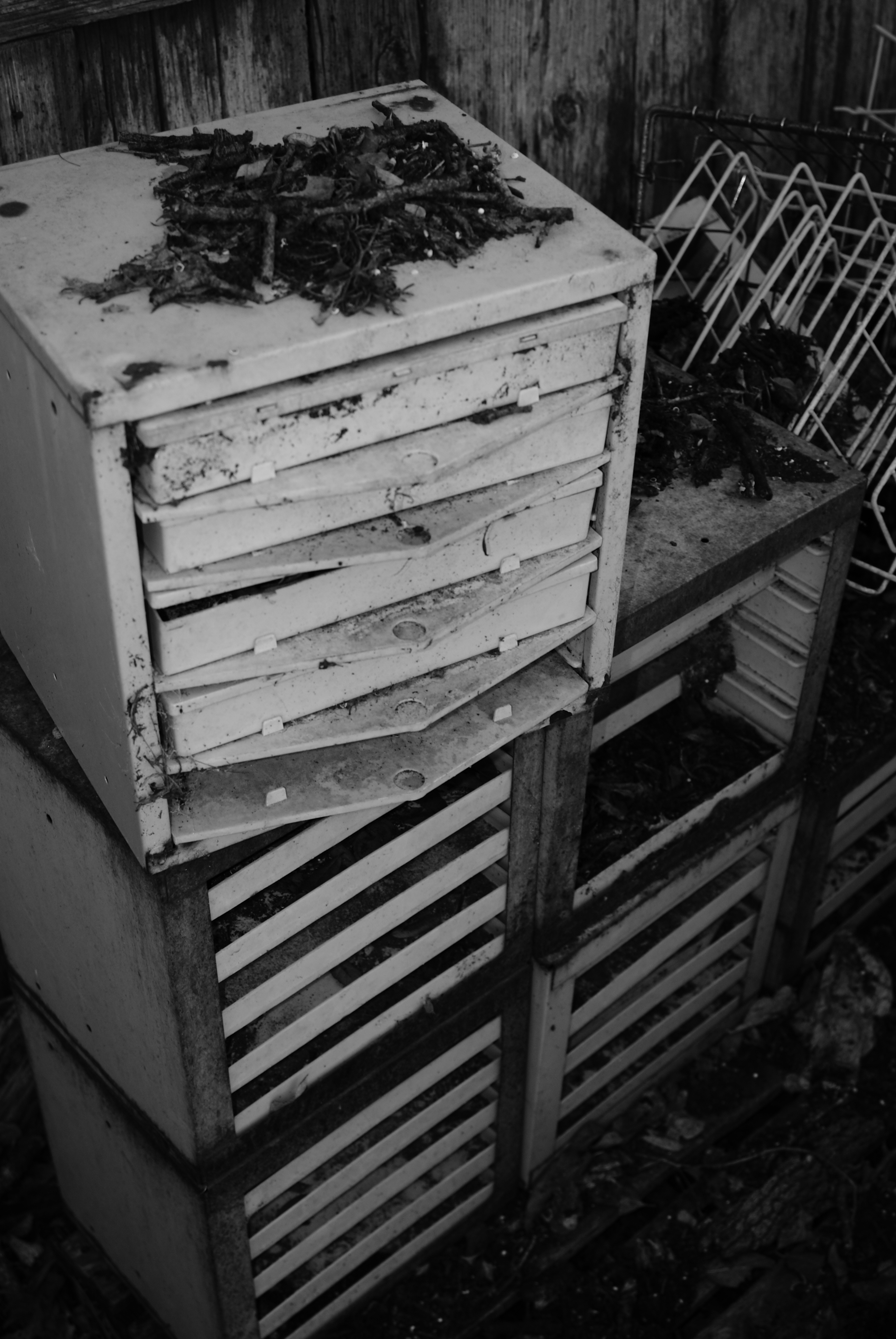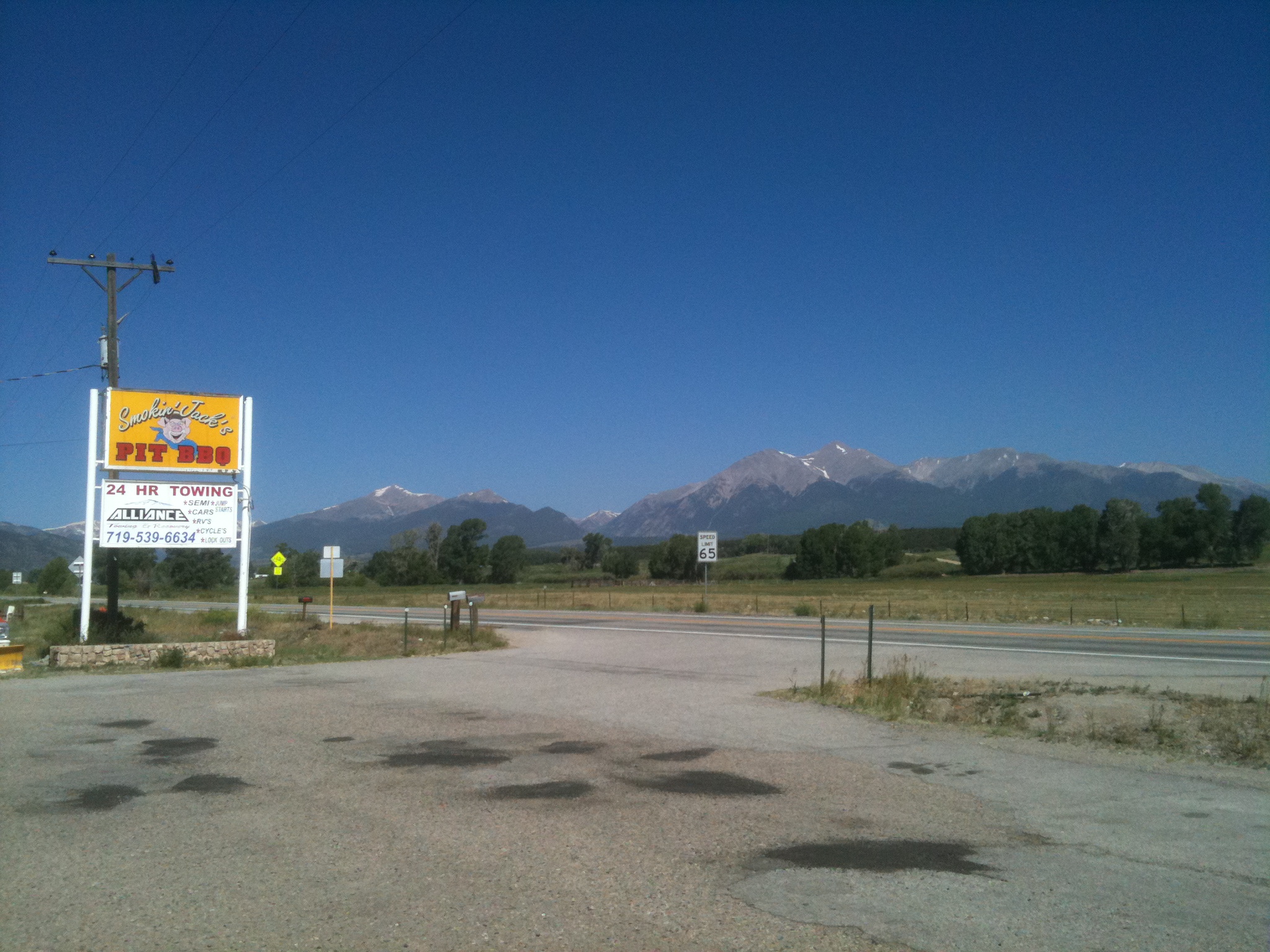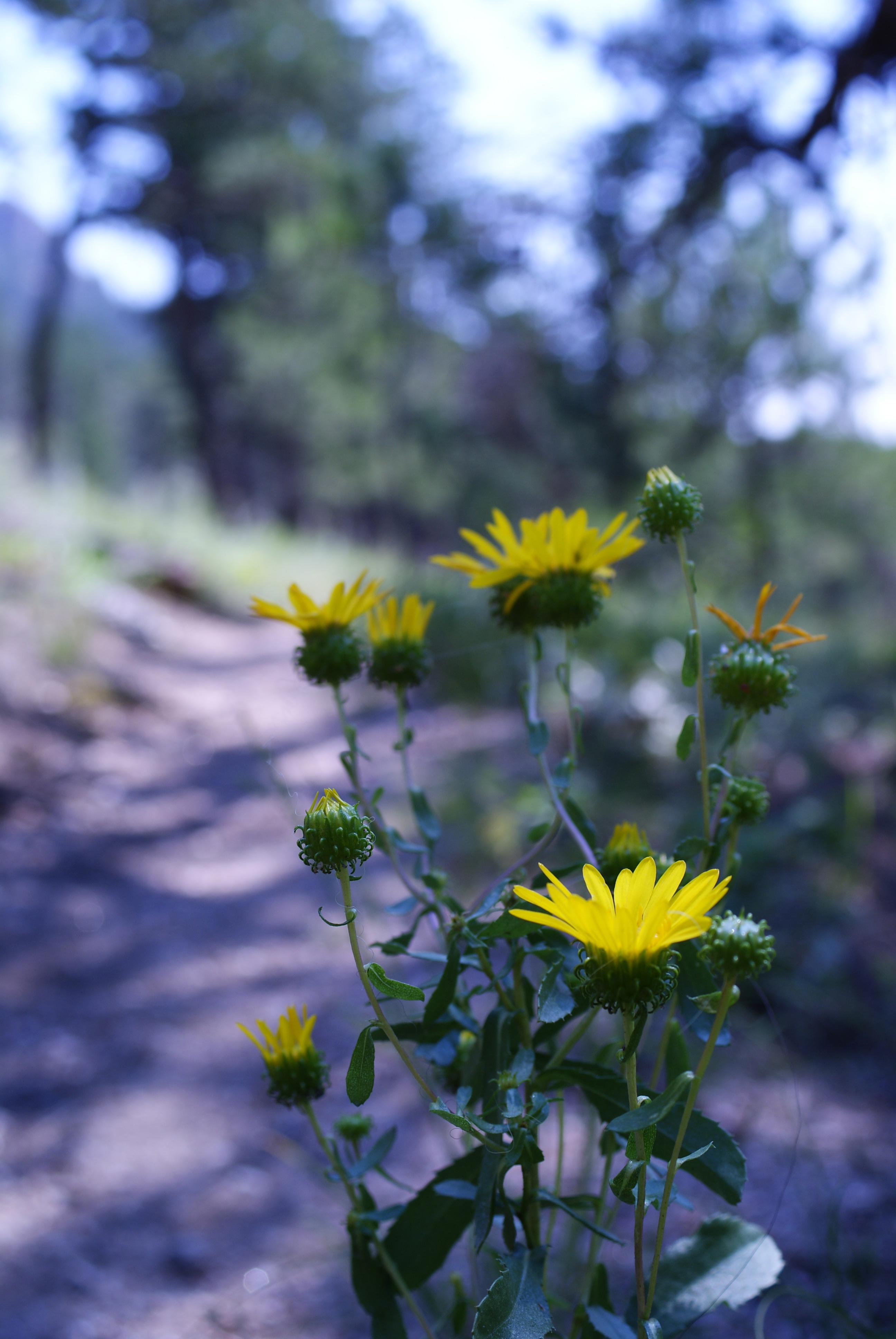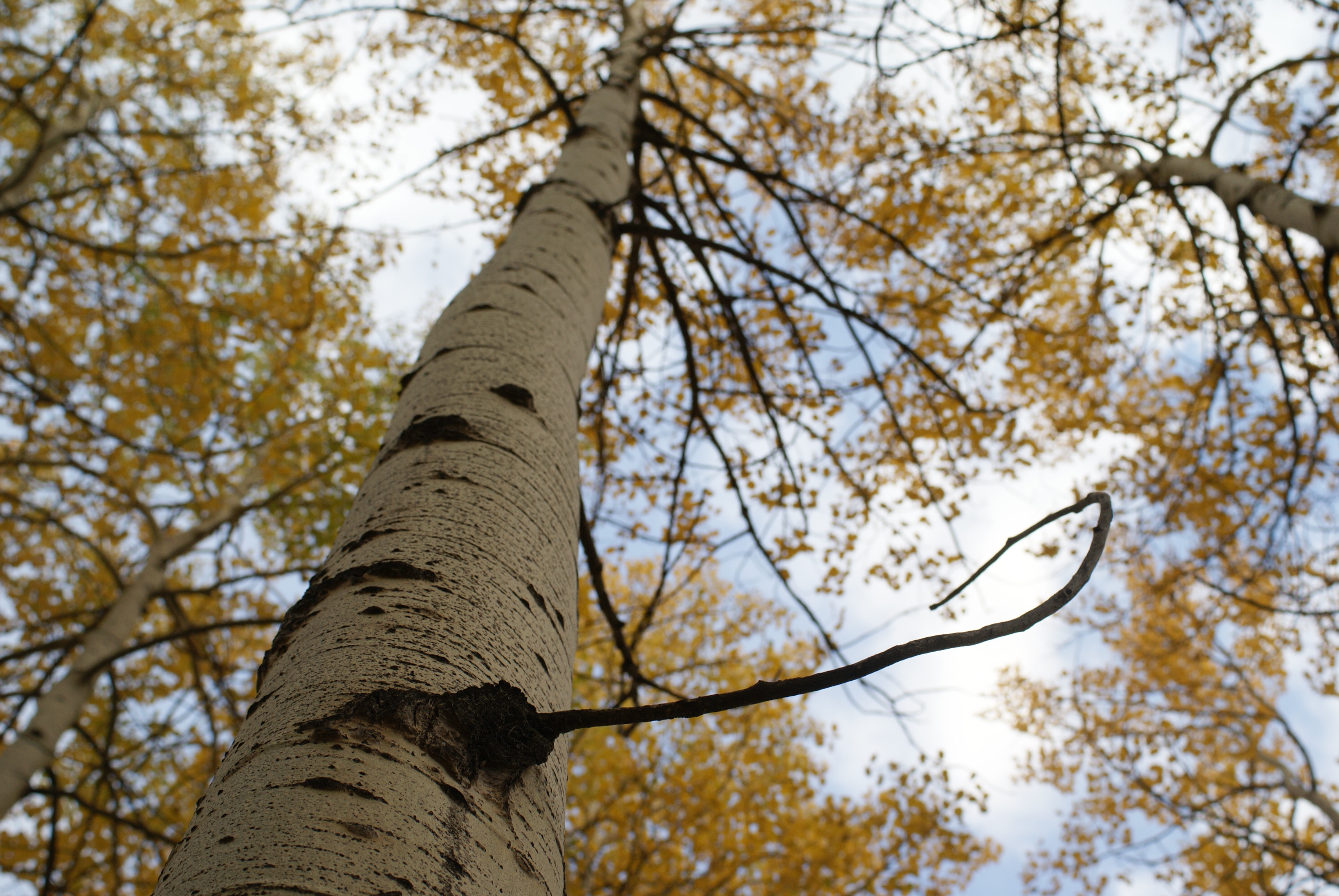Recently, climate skeptic Wei-Hock Soon’s research and Congressional testimony has been the center of a debate about conflicts of interest in academia, as he was discovered to have accepted $1.2 million of donations from oil companies and interests that went undisclosed in much of his academic work. This work, according to documents requested by Greenpeace under the FoIA, he referred to as “deliverables”, as he did his Congressional testimony (According to this NYT article). He also he has very little training in climate systems…and his PhD is actually in aerospace engineering…
Now, in an attempt to ride the coattails of this controversy and seek some of this emergent political capital for his own, Rep. Raúl Grijalva (D-AZ) (the ranking member of the House committee on natural resources) may have ushered in a new era of political gamesmanship for Democrats. Those on the left, typically advocates and defenders of science and scientists, are not often associated with attacks on academics such that Rep. Grijalva has recently launched. He has recently initiated “investigations” into the work and funding of 7 academics, and included in this group is CU-Boulder’s Professor of environmental studies, Dr. Roger Pielke.
Dr. Pielke’s work on disasters and climate change is very interesting, very polarizing, and very important. While being classified by Rep. Grijalva, his office, (and “compliant journalists”, according to Pielke) as a “climate skeptic”, Dr. Pielke’s corpus of work certainly does not fit this classification. As a former student and mentee of Roger’s, this is so off-base, incorrect, and unintelligent that it really seems absurd: both strangely amusing and somewhat frightening. The empirical (let alone statistical) linkages between global temperature change, global weather patterns, regional/local patterns, disaster frequency and strength, and the costs of disaster prevention and amelioration are complex–and are certainly NOT bound by the common sensical notions much of the public and media seem to rely on when discussing the dangers of climate change. This, of course, is the point and value of Dr. Pielke’s work–to highlight the difficulties in effectively dealing with the complexity of climate change as a policy problem as it exists at the science-politics-policy-(mass media) interface. Pielke summed this complexity in Congressional testimony: It is “incorrect to associate the increasing costs of disasters with the emission of greenhouse gases.”
Dr. Pielke is now simply being vilified by Grijalva and many on the left (politicians, pundits, policy wonks, and media workers) for being what an academic should be–honest, rigorous, and a challenge to status quo thinking when necessary.
What does this all mean? Well, we will have to wait and see. Dr. Pielke has been nothing if not very open and honest about his funding (He has testified before Congress in the past and has thus disclosed his funding sources). His work–to anyone who knows anything about climate science and policy–is certainly not that of a climate skeptic. Rather, his work is much more appropriately represented as “pragmatist” in nature. While Roger may well think that this is a witch hunt directed at him (and he is mostly correct, I think), this also may well simply be a politician doing what politicians often do–use the visibility of an emergent public issue to build political capital. Here, Rep. Grijalva, now an apparent climate hawk, seemingly seeks to be “tough on skepticism”(though under the guise of being thorough in reviewing the funding background of policy-influential academics), as many were “tough on crime” in the 80s and early 90s.
Let’s just see how this plays out—we’ll need to keep an eye on how important climate change is in Grijalva’s 2016 re-election run and what political capital this earns him as ranking member of the energy committee. Further, will this encourage more Democrats to use academics as political pawns? Let’s hope not. It’s a dangerous precedent to set.
In the end, Rep. Grijalva’s “investigation” will yield nothing of substance about Dr. Pielke’s work or funding, though it may well damage his reputation as a public intellectual and increase the odds of Grijalva’s re-election (and thus, his continued power in the energy committee). That is the point, and the most dangerous outcome, of all of this.
As Roger himself says: “The incessant attacks and smears are effective, no doubt, I have already shifted all of my academic work away from climate issues. I am simply not initiating any new research or papers on the topic and I have ring-fenced my slowly diminishing blogging on the subject.”
Dangerous times, indeed.










